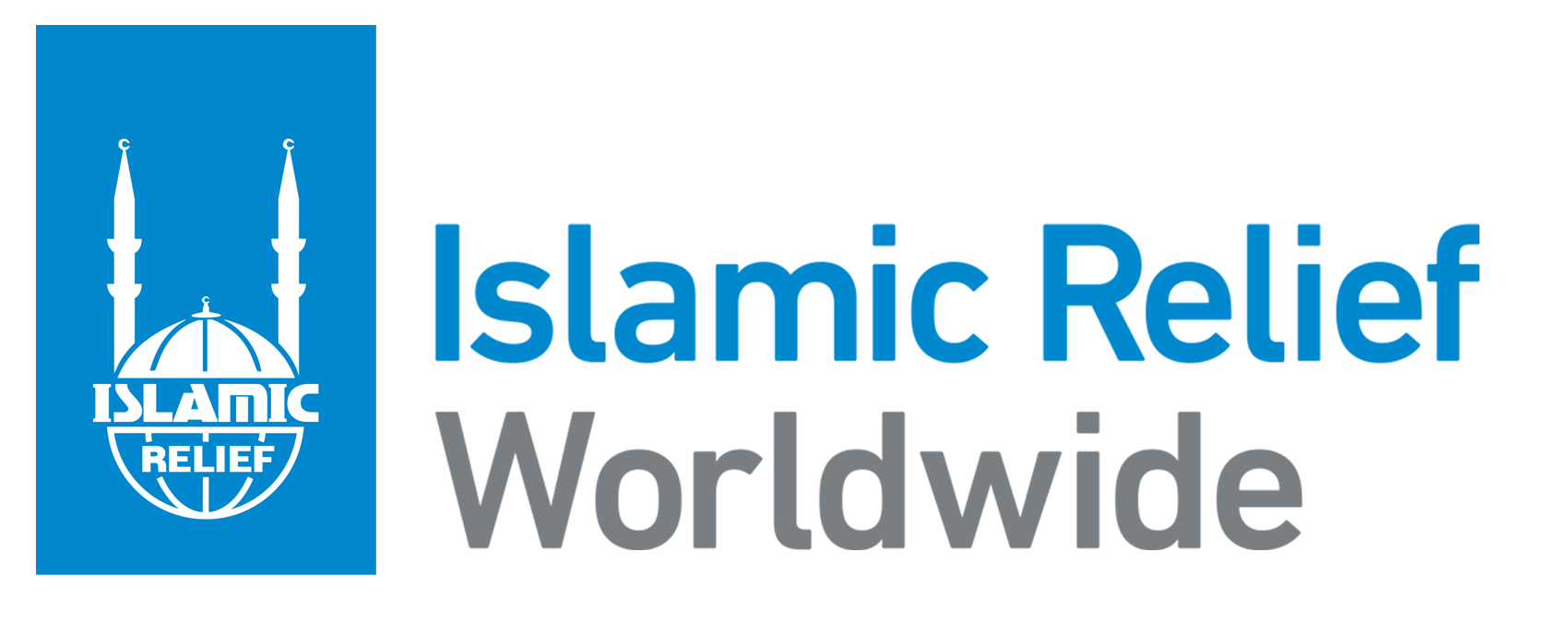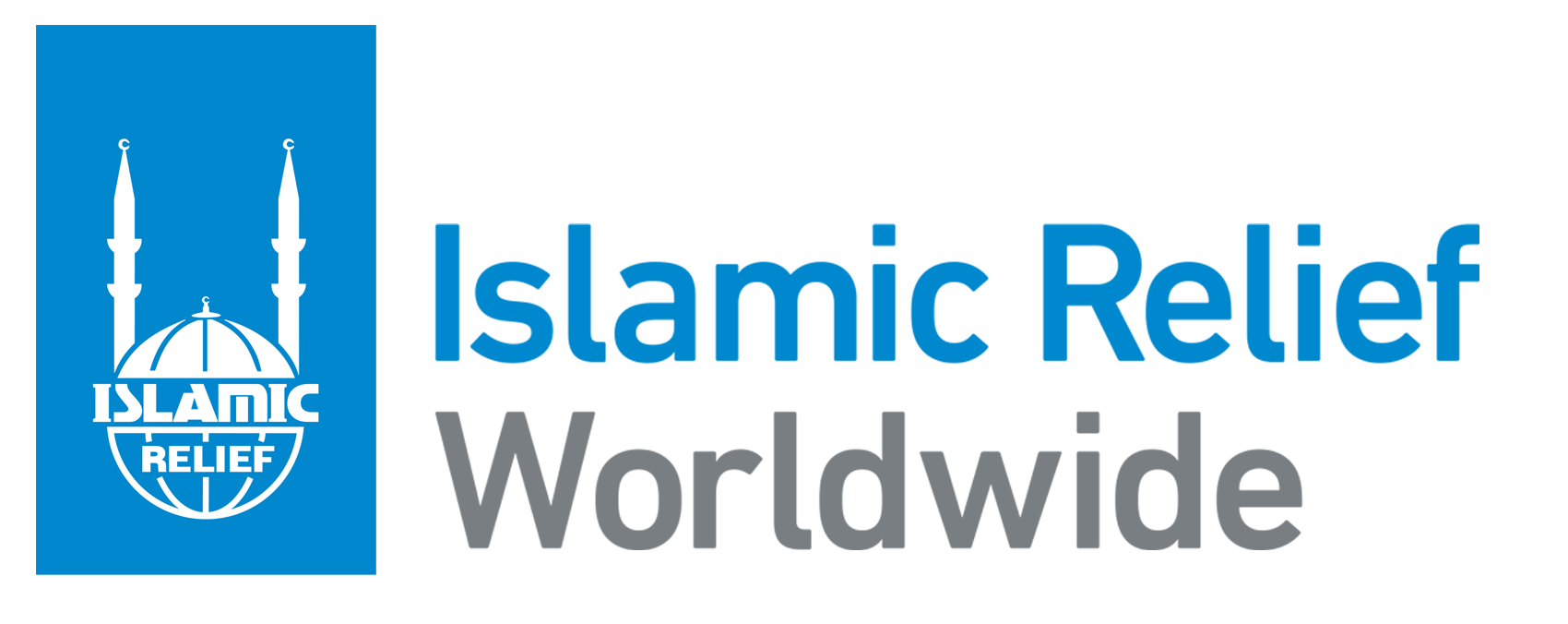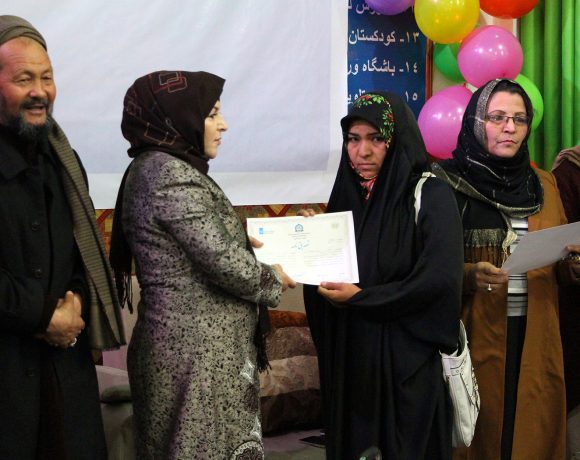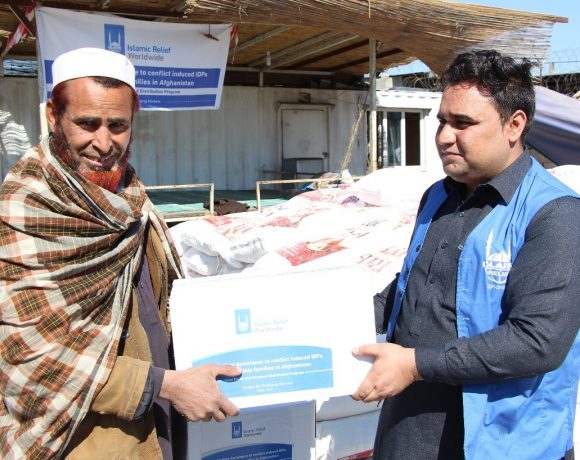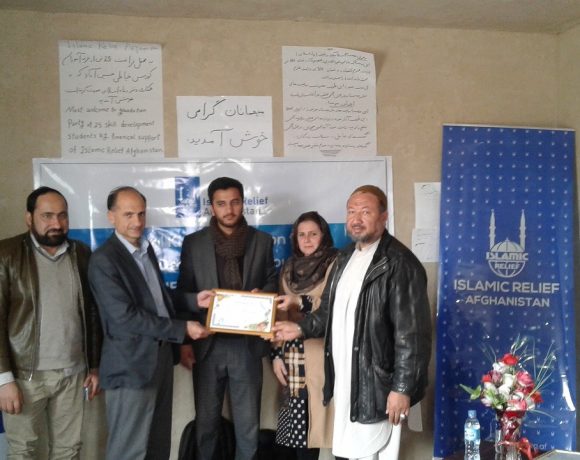Nepal
When the earthquake struck in April 2015, millions of people were affected. Members of Islamic Relief’s Disaster Response Team (DRT) arrived in Nepal within 72 hours of the earthquake occurring.
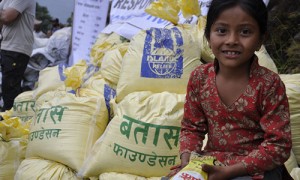
Islamic Relief provided 715 tents, 11,000 tarpaulin sheets to help keen out the rain, 6,500 packs of food and 600 winterisation kits, including blankets and warm clothing.
Meeting the need
Partnering with two agencies, the Lutheran World Federation and local charity Batas Foundation, Islamic Relief decided to focus on four districts; Rasuwa, Sindopalchouk, Nawakot and Sakoo were all remote and residents there had not yet been visited by other organisations when Islamic Relief was able to access many of the communities.
With GBP £1.7 million in funds from generous donors around the world, the three organisations worked together for the last six months to reach 15,000 families. Among the work jointly carried out, experts have provided 4,286 transitional shelters, using local materials and showing communities how to build their own. These shelters were more robust than tents and helped protect families in the rainy season. They provide suitable shelter until permanent housing can be built.
Islamic Relief has built 1,000 temporary toilets, and 18 temporary classrooms so children do not lose access to education. Local people have been trained in masonry and carpentry, to help the communities rebuild their homes. Slowly, people in Nepal have been returning to normal life.
Muhammad Shareef, area programme manager for Islamic Relief Worldwide, said: “For the many people who lost one or more loved one in April 2015, life can, of course, never return to normal, but the country as a whole is moving into the recovery stage. With winter around the corner, more support will be needed to help people keep warm and this is just some of our plans for the future.”
Islamic Relief is planning to help people in Nepal become more resilient to disasters in the next 18 months, looking at livelihoods, training, and disaster drills, as well as building 250 shelters.
